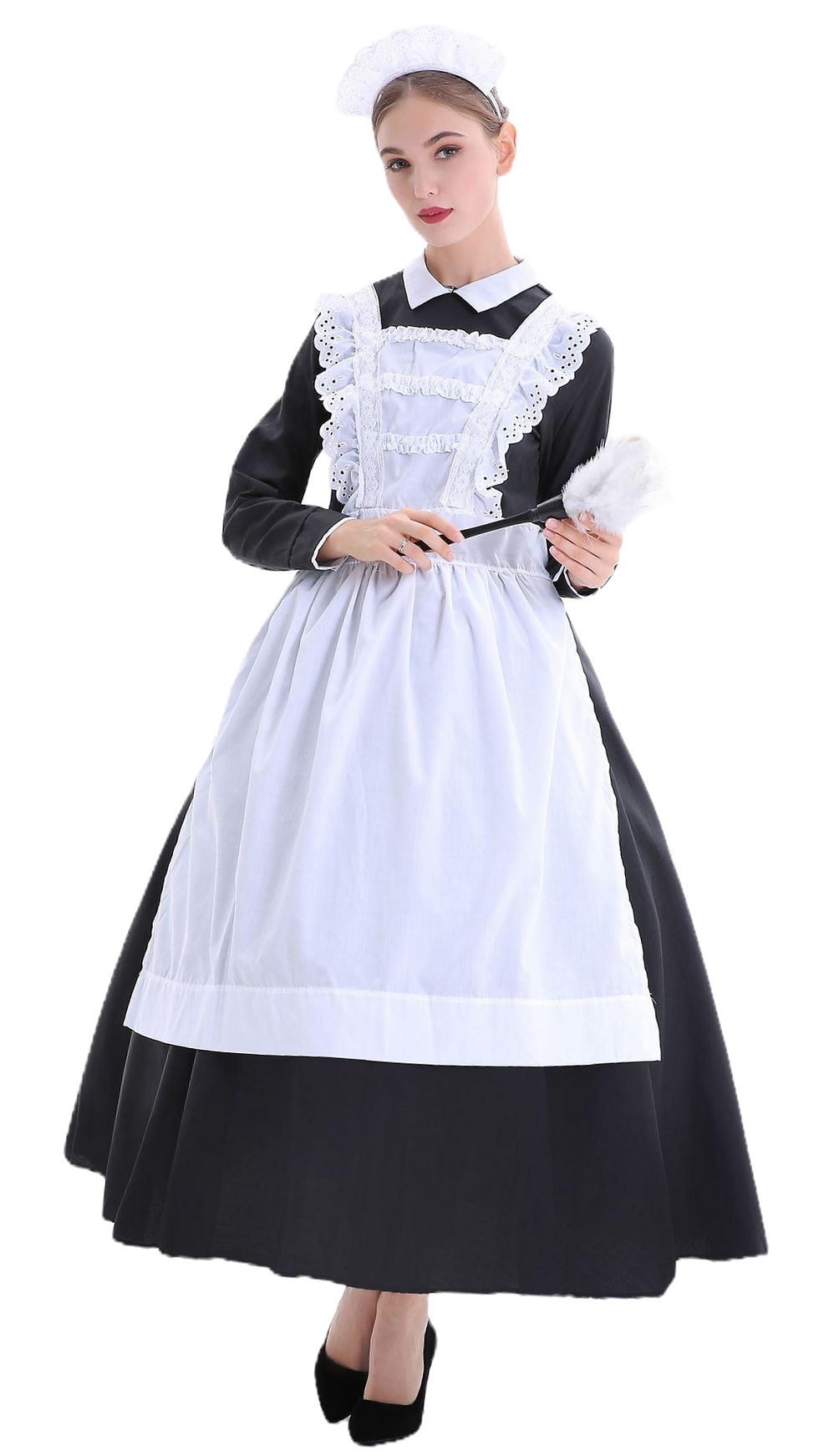- mikebenesh

- Apr 13, 2022
- 4 min read
And it won't be featured in any of your books. Or will it?
You're working hard to pick the right characters (if you visualize, actors) for your book. You want the right fit, temperment, motivation, perhaps even physical appearance. How in the world do you go about that? You don't have any experience creating such a complex creature, designed to function in a world you've constructed!
Hold on there Bessie. You've done this since you first started caring about what your friends think. (if you ever did.) What do I mean? It's you! Think about it, the world you've constructed? Your education, friends, spouse or significant other, job. Yep. That's the world you created. To function in that world, you have constructed a person, a leading character, actor if you will. You.
Alright, so most of us don't live lives where Marilyn Monroe clones regularly sit on Santa's lap and act shocked. Although...that could make an interesting secret life... No, the you you've constructed has to work well in your life, or you'd be in a constant state of conflict. And...yes, we do get that from time to time. But being overly intelligent creative types, we don't let drama rule. Right...
Fine Mike, we create ourselves yada yada cum bah ya....What does that have to do with making people out of whole cloth?
Just this, besides you, you have friends you observe, whether you do so intentionally or not. I'll bet you can see characteristics in the people you know that manifest certain ends. If you're nosy, you might even try to manipulate their behavior for their own good. Most likely they'll tell you to buzz off, and there is no fun in that.
BUT...when you create a world in a novel, you can manipulate to your heart's content. (get it?) A novel isn't just an exercise in art, but a chance to explore concepts, demonstrate how your core values play out against life challenges. A laboratory if you will, to experiment with people to show what happens when they don't listen to you. And a chance to get back at all the skunks who made your lives miserable along the way by making them rotten antagonists that are thinly veiled versions of their miserable selves.
Remember to point out the disclaimer at the front of your book.
The lesson here, you can forgive, and should, but a little artsy roasting over the coals is just the thing in case the slugs ever developed a conscience. (insert evil laugh)
Sounds like anger issues Mike, but the GIF is kinda scary, soooo, let's move on.
It's all good folks. You have the framework of the story. You know what each chapter (if not, go back to previous posts) will accomplish. So what people need to be in the scene (visual again) to get you to your station? Becoming clearer isn't it? It's that simple. Think of yourself as a conductor on a train.
I like old movies, particularly British ones, where the conductor goes along collecting tickets. If Little Billy Snodgrass isn't going to move the scene to its final stop, chuck him out the window. Metaphorically speaking. You will have to go back and pick him up later on, for the scene where he goes over Niagara Falls in a sardine can, but won't it be fun chucking the little brat twice in one book!
You are the conductor, and you are making sure each player is ticketed (by you) because they are helping the train get to its destination!
OK Mike, we see you have anger issues and were annoyed by some kid on a crowded flight, but it is beginning to make sense...
That's all there is to it. Remember, pare down, then do it again. Minimal is better. While crowd scenes work in actual movies, in books they only cloud the action. Everyone must have a vital role to play. No tertiary characters!
Remember a few weeks ago when I referenced the novella, A Christmas Carol by Chas. (love that abbreviation, like Bros. for brothers. Quirky type. But hey, I'm a novelist!) Dickens? Lots of characters in that work. And EVERY SINGLE ONE is vital, and sticks in the readers mind. If they don't have a huge bearing on the plot, they create atmosphere. And150 + years later it still works...really well.
Now last week, I said Martha Mitchell wrote Gone with the Wind. What a maroon! What a chucklehead! Everyone knows its Melvina Mitchell! So now you can stop sending me nasty messages. I appreciate the feedback, but ad hominem attacks are not warranted.
And not be a smart guy, but I looked it up! There are only TWO N's in nincompoop!
Next Week: Time for something completely different.
With apologies to Monty Python, I want to talk for one post about the experiences I've had in Twitter. I had to be dragged kicking and screaming into it as a marketing tool. Much like Philosophy class in my post grad. But you know...hard as it is to believe, I may have been (gasp!) wrong. More next week!
Oh, and I just figured out what the lady in GIF number one was shocked about. She asked Santa for a date with her all time writer crush (me) and found out lady in GIF number two was pretty possessive and wanted me all for herself...
And then I woke up.
Until next week all you wonderful creative people, be well, happy, and good to one another!


